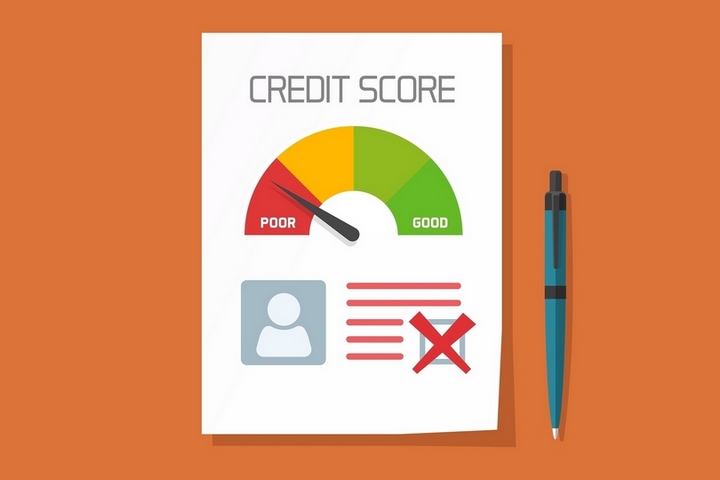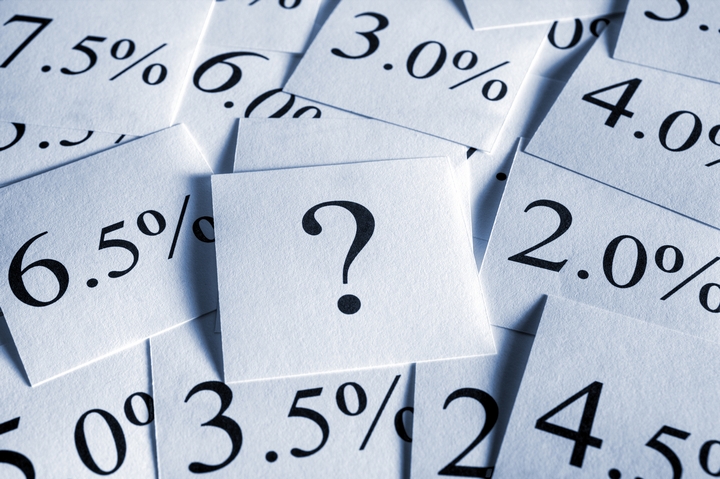When getting a loan it’s only natural to want to get the lowest mortgage rate that you possibly can. The lower the rate, the less headache and potential heartache you’ll be spared, right?
However, it’s not always so easy to know exactly how high your mortgage rates will be, as there are quite a few things that can continually bump it up during the application process. In this little guide, we will be taking a closer look at the factors that determine our mortgage rates.
1. Type of Property

There are a few different types of properties, of course. Each different type of property has different rates, as well. For instance, a condominium will typically have a higher mortgage rate than that of a single family home. This is mainly due to historical statistics that speak to their likelihood of default.
When you are applying for a mortgage, then you need to keep in mind whether or not you have a single family home, a multi-family home, a condo, a duplex, and so on and so forth. Accurately identifying where you fit can help you determine your rate beforehand.
2. Occupancy

When dealing with mortgage rates, it’s a good idea to think about the nature of the property that you’re dealing with. Is it a primary residence, or a secondary vacation home? A home that you will rest your head in, or an investment you are hoping to make a profit on? These questions will be taken into account during the process, naturally.
People will generally go to greater lengths to make good on their obligations when it comes to their primary residence, as opposed to a secondary home or investment, therefore primary residences will have lower rates.
3. Size of the Down Payment

Simply put, the more money that you put on a down payment, the less risk there will be for the borrower, plus there will be a bit more trust that you can actually meet your debts under their name. Of course, doing this can also help handle the impact of a poor credit score. In all honesty, that alone could make offering a larger down payment very much worthy of your time.
4. The Borrower’s Credit Score

Speaking of credit scores, there is another factor that is extremely important in this process. When it comes to buying a home, your credit score is one of the things that can really make or break your ambition to own a home.
A lender will look at your credit score differently, depending on how they estimate things, but the most important thing to remember before attempting to secure a mortgage is to know your credit score and whether or not it needs to be worked on. There are a few ways to raise your credit score, but it’s always a good idea to maintain your credit score at a level that will look good on any application.
5. Market Rate

The market forces are something of a living beast, always moving, consistently changing and growing in one way or another. As such, it can have an impact on your mortgage rate, as well as most other aspects of your life. For this reason, it’s important to take a good look at the market and listen to experts who can inform you of whether or not it is a good time to look into buying a home.

